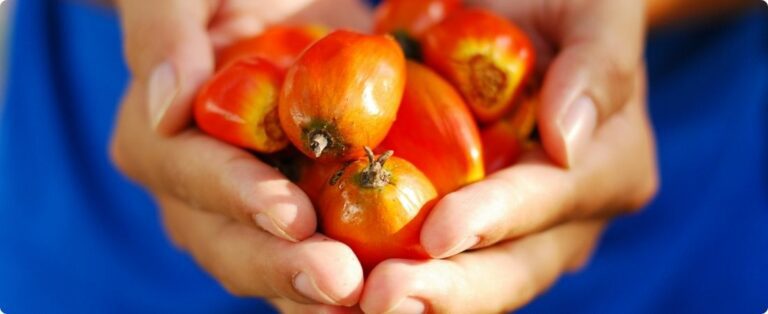The agricultural potential of the entire country, and especially of states like Mato Grosso do Sul, with an economy predominantly coming from the rural sector, may be compromised by the Tax Reform proposals. It is a consensus among the various sectors that the proposals currently being processed in the National Congress place a burden on the production system and the Brazilian consumer.
Tax Reform is essential for Brazilian society, but some aspects need to be reviewed. The impacts that the changes can cause are at the center of attention of institutions that represent the producing class, but they also directly affect the population, especially with regard to the costs of the basic food basket. “The elimination of tax relief on basic food basket products could negatively impact the end consumer, as it could increase the cost of 22.7% according to the Brazilian Institute of Tax Planning (IBPT)”, explains the technical manager of the Famasul System, José Pádua.
Continues after form
{module 442}
A study developed by CNA (Confederation of Agriculture and Livestock of Brazil) shows the significant increase in the cost of several agricultural activities, for example, a forecast increase of 19.4% for soybeans and corn and more than 23% in beef cattle farming.
Another point is the inclusion of rural producers as direct contributors. “The transformation will require monthly tax calculations, which requires the hiring of an accounting professional and a lawyer, resulting in additional expenses. This fact can bring disproportionate expenses to rural areas, mainly made up of small and medium-sized rural producers”, adds Pádua.
In general, the sector has been seeking a Tax Reform that reduces bureaucracy without increasing taxes, considering the specific points for the most diverse production chains. “There are different production systems, with completely different profiles, it is necessary to have a different look at the economy, a more practical vision”.
READ TOO:
{module 441}










